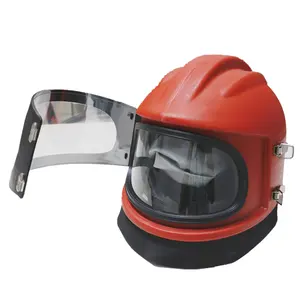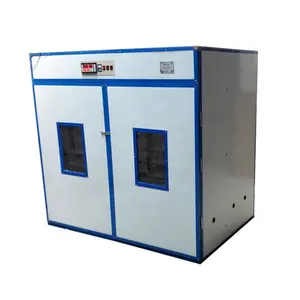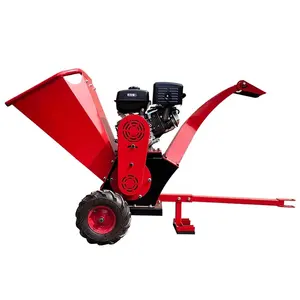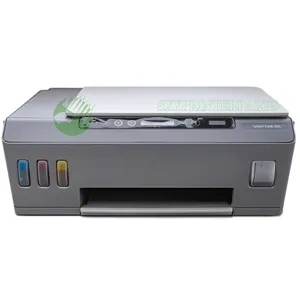Popular in your industry







































































Related Searches:























































































































Top categories
About soil mixer machine
Soil mixer machines are versatile devices designed for blending, mixing, and homogenizing various types of soils and substrates. These machines are employed in a wide range of applications across different industries, including agriculture, construction, and environmental engineering. The primary function of a soil mixture machine is to ensure uniformity and consistency in soil composition by combining different elements such as sand, clay, peat, and fertilizers. By doing so, these machines create customized soil blends that meet specific requirements for landscaping, gardening, or construction projects. Moreover, these machines are equipped with advanced features that offer precise control over the mixing process, allowing users to adjust parameters such as mixing speed, direction, and duration.
Types of soil mixer machines
One common type of soil mixer is the horizontal soil mixer, which features a horizontal mixing chamber and agitating blades that rotate or move horizontally. This type is suitable for mixing large volumes of soil and is often used in applications such as horticulture, landscaping, and greenhouse operations. A vertical soil mixer, on the other hand, is designed with a vertical mixing chamber and vertical agitating blades. This configuration is ideal for mixing smaller batches of soil and is commonly used in laboratories, research facilities, and smaller-scale gardening projects. Another common type is the rotary drum soil mixer, which consists of a rotating drum or container equipped with mixing elements. This type is particularly efficient for continuous mixing processes and is often employed in industrial settings, such as soil blending facilities and large-scale agricultural operations.
Advantages of soil mixer machines
One of the key advantages of soil mixer machines is their ability to create consistent and uniform soil blends, ensuring that each batch meets the desired specifications. This is essential for various applications, such as agriculture, where soil quality directly impacts crop yield and health. Additionally, these machines offer precise control over the mixing process, allowing users to customize soil blends by adjusting parameters such as mixing speed, duration, and the addition of various additives. This level of control is particularly beneficial for research and experimentation in soil science and horticulture. Moreover, soil mixer machines increase operational efficiency by automating the mixing process, reducing manual labor, and minimizing the risk of human error. This leads to cost savings and improved productivity in industries where soil blending is a critical component of daily operations.
How to maintain a soil mixer machine
Proper maintenance is essential to ensure the longevity and optimal performance of a soil mixer machine. Regular inspection of the machine's components, such as agitators, blades, and mixing chambers, is crucial to identify any signs of wear or damage. These parts should be cleaned and, if necessary, replaced to prevent operational issues. Routine lubrication of moving parts is also recommended to reduce friction and extend the machine's lifespan. Following the manufacturer's guidelines for preventive maintenance, including scheduled inspections and servicing, is essential to address any potential issues before they escalate. Lastly, operators should be trained in the correct operation and maintenance of the soil mixer machine to ensure safe and efficient use.












































































